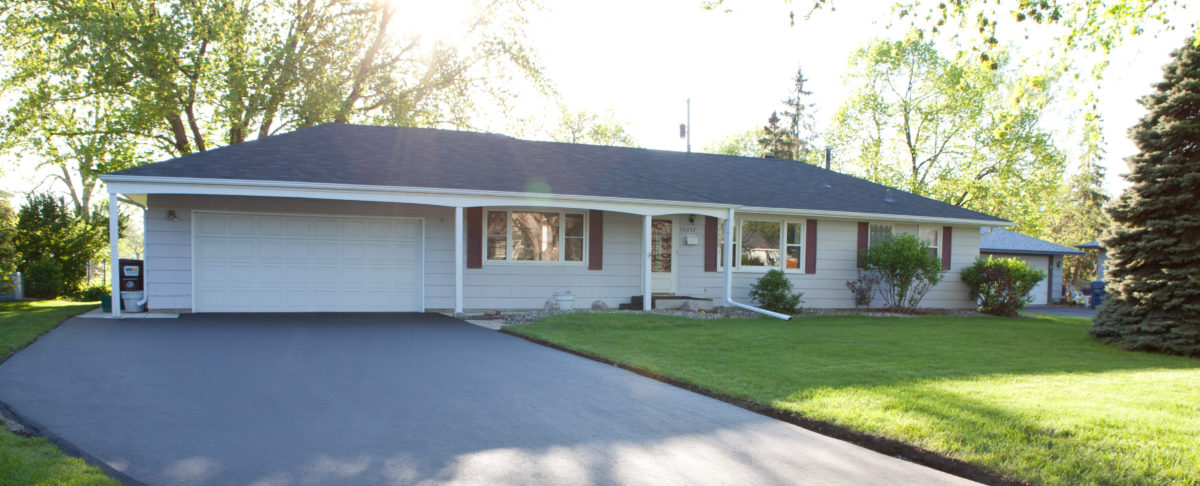A new driveway is a big investment for your property, so you’re probably concerned with how long you can expect your new driveway to last and keep looking good. The answer isn’t as simple as you’d think. The longevity of blacktop driveways depends on a number of factors, each of which has an influence on its lifetime.
Since 1954, we’ve watched many of the driveways we’ve installed throughout their lifetimes. In that time, we’ve learned all of the reasons why driveways last, and apply all of that knowledge when installing every driveway. New techniques and materials have also contributed to increased lifespans for driveways. Contact Richfield Blacktop for a free, no-obligation consultation and estimate for your driveway, and take advantage of our experience and expertise.





